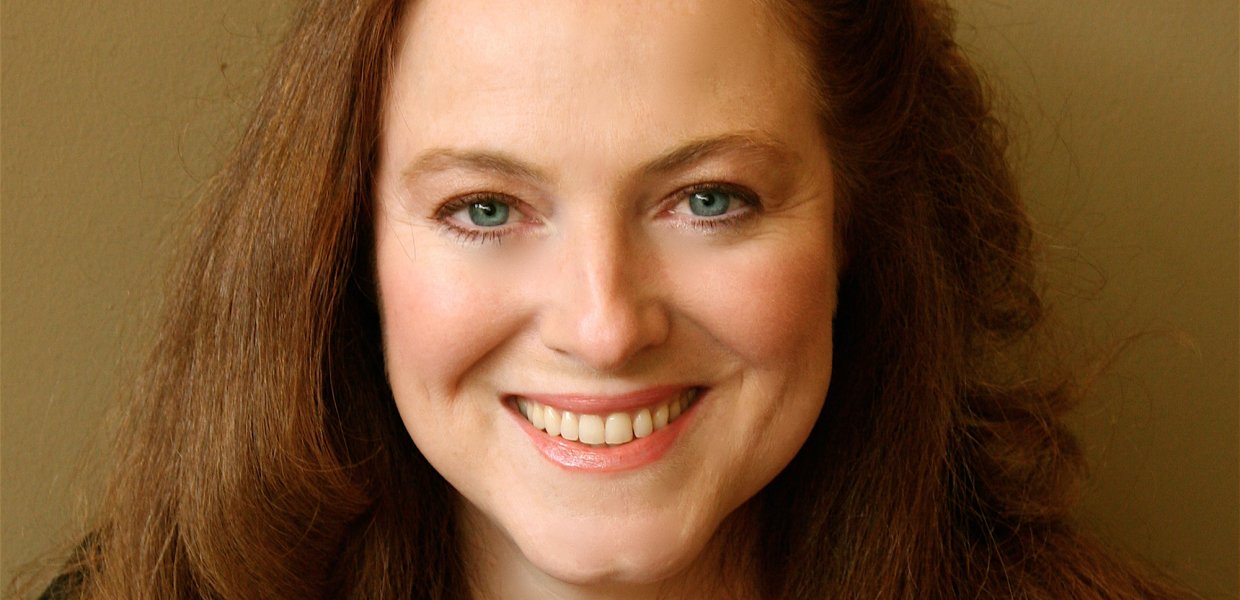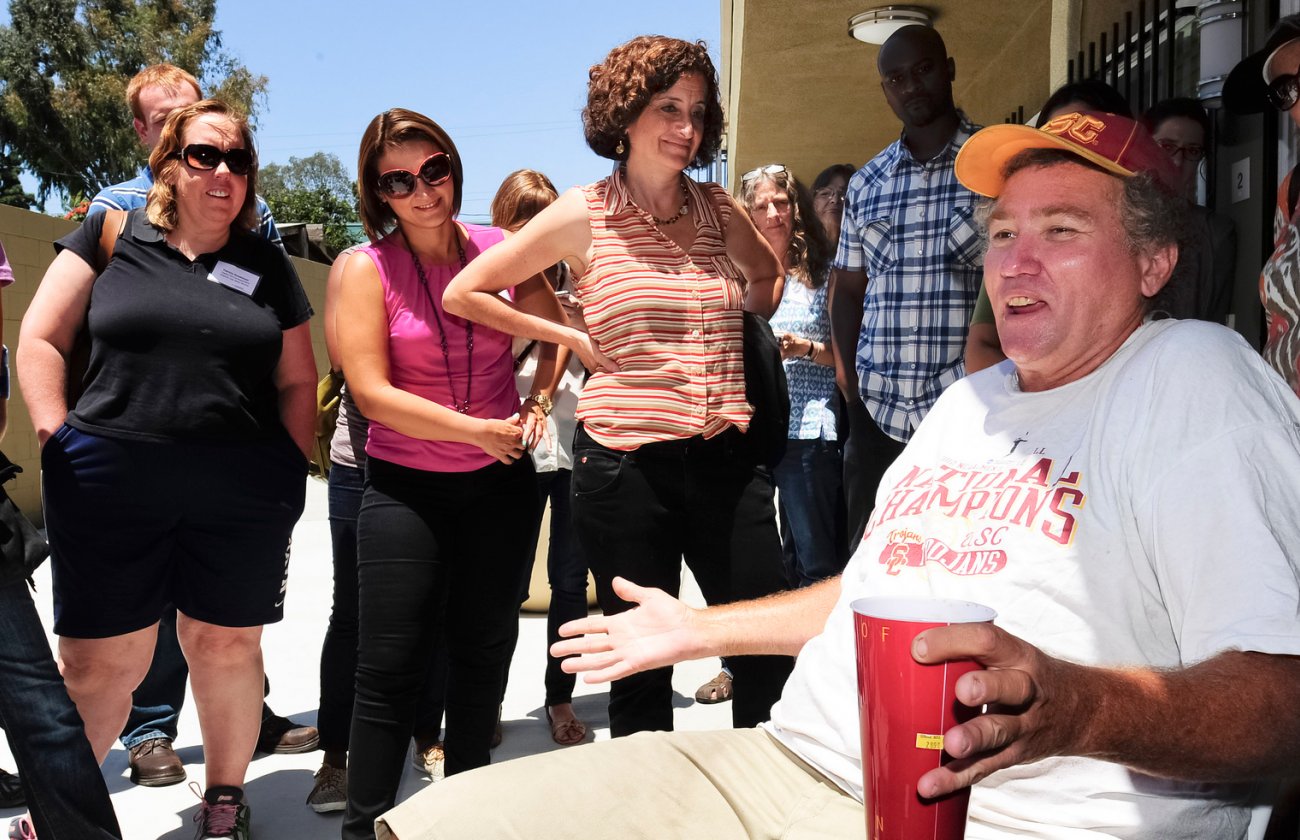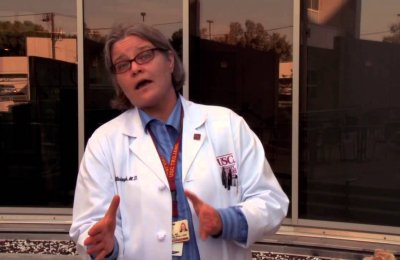On Oct. 26, communication school director Larry Gross hosted a roundtable discussion focused on faculty projects in the field of health reporting and health communication.
This format allowed USC Annenberg faculty and research staff to explain the progress and goals of their current pursuits and projects in the field of health communication. Communication professor Lynn Miller began the discussion by describing three projects that work to improve learning in virtual environments.
Miller is working to develop a game that has autonomous agents with a mind of their own that interact to create challenges for users in the game. These games will explore challenges such as drug use, risky sexual decision making and HIV prevention. As the editor-in-chief for the Center on Health Reporting, David Westphal discussed the way in which he and journalism professor Michael Parks work with the director of The California Endowment Health Journalism Fellowships, Michelle Levander, to collaborate with professional journalists and establish publications to provide in-depth reporting on health issues. Westphal also discussed the center's latest venture, "Home Alone," in which eight ethnic media in the Los Angeles cover the closing of adult health centers in California. Levander discussed The Boyle Heights Beat, a publication made in partnership with La Opinion. The Beat is written by 15-20 high school students from Boyle Heights community.
Communication professor Andrew Lakoff discussed his work is in the social studies of science and medicine and how experts understand disease and disease risk. One of his current projects focuses on the communication around pandemic preparedness strategy, with H1N1 as a case study. Lakoff assessed public responses to governmental health communication strategies in Europe and America.
Communication professor Peter Clarke discussed a project he is working on with researcher Susan Evans that addresses the issue of improper diet among low income people. Clarke encourages the incorporation of plant-based foods in low-income homes by working with food banks and collaborating with world-class chefs to provide affordable plant-heavy recipes.
Sandra Buffington, director of the Norman Lear Center's Hollywood Health and Society project, discussed her research group's mission "to increase the accuracy and frequency of storylines in TV and new media." For 10 years, Hollywood Health and Society has served as a bridge between entertainment and public health. The organization connects writers and producers to health officials officials for free in order to ensure the accuracy of health topics in TV and film narratives. Sheila Murphy discussed a project that studies how narrative works in conveying health relations. She recently released two 11-minute short films that convey the same 18 facts about reproductive health in narrative and non-narrative formats. She will assign viewings to 1200 women of varying ethnicities to explore the effectiveness of narrative in portraying information.
Sandra Ball-Rokeach discussed how the Metamorphosis Project looks at barriers to cervical cancer at the community level. Communication professor Margaret McLaughlin discussed projects that focus on health communication technology. Currently she is working to find funding to try to develop virtual environments for stroke patients in order to help them practice lost motor skills. Also she is working on a mobile video sharing project for young adult cancer survivors. The goal for the roundtable discussions is to encourage communication between project coordinators and spark collaborative ideas on how to face challenges and create opportunities.








